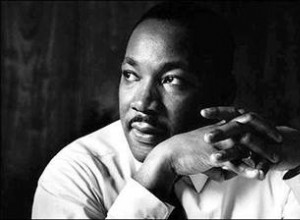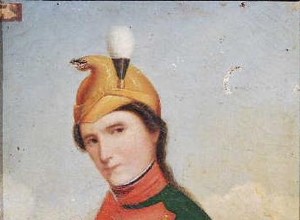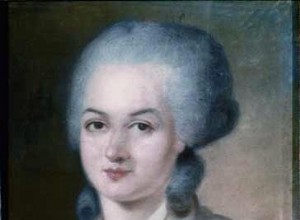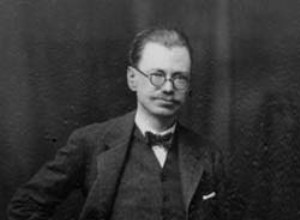Martin Luther King was an American pastor committed to equal civil rights for black people. In line with Gandhi in India, he defends non-violent methods to fight against racial discrimination and obtain reforms. Nobel Peace Prize in 1964, he organized a march on Washington during which he gave a spe




